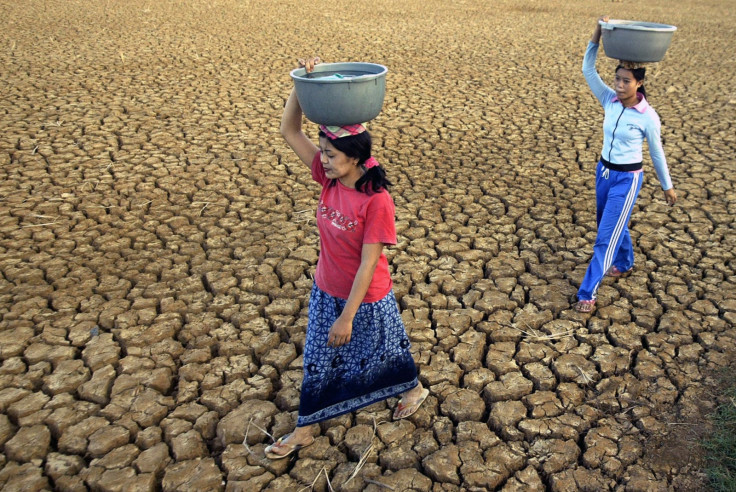International Women's Day 2015: Unsafe water fifth biggest killer of women across the globe

Water-borne diseases and poor sanitation are the fifth biggest killers of women worldwide, causing more deaths than AIDS, diabetes or breast cancer, according to a survey.
As the world gears up to celebrate International Women's Day this Sunday, a sobering thought from the study is that one in three women the world over lacks access to safe toilets while clean water is unavailable to one in 10 women.
Nearly 800,000 women die every year due to lack of access to safe toilets and clean water, says WaterAid, which analysed data from the Seattle-based Institute of Health Metrics research centre.
"This completely unacceptable situation affects women and girls' education, their health, their dignity and ultimately, in too many cases, results in an early and needless death," WaterAid CEO Barbara Frost says.
The only conditions more fatal than lack of decent sanitation are heart disease, stroke, lower respiratory infections and chronic obstructive pulmonary disease.
More than one billion women do not have access to a safe, private toilet, while 370 million do not have access to clean water, according to WaterAid.
Some improvement in conditions was noticed in the last decade with more than two billion people gaining access to clean water but another 750 million still lack this basic human right.
Dirty water and poor sanitation are the root of maternal and child mortality, and sexual violence. Many women in developing countries give birth at home without access to clean water, exposing themselves and their babies to infections, says the report.
Over half a million women die due to complications of pregnancy and childbirth due to lack of basic healthcare.
Without private toilets, women have to venture outdoors to relieve themselves, putting them at risk of sexual harassment and assault.
In many poor countries fetching water from distances is still considered the responsibility of women and girls, keeping them away from schools. In Bangladesh, the salinisation of drinking water has meant women have to trudge across 10km every day just to fetch water and in the process are prone to violence.
Many girls in these countries spend six hours a day collecting water, leaving little time for school. Those who do attend school drop out when they start to menstruate because of lack of hygiene facilities.
© Copyright IBTimes 2025. All rights reserved.



















